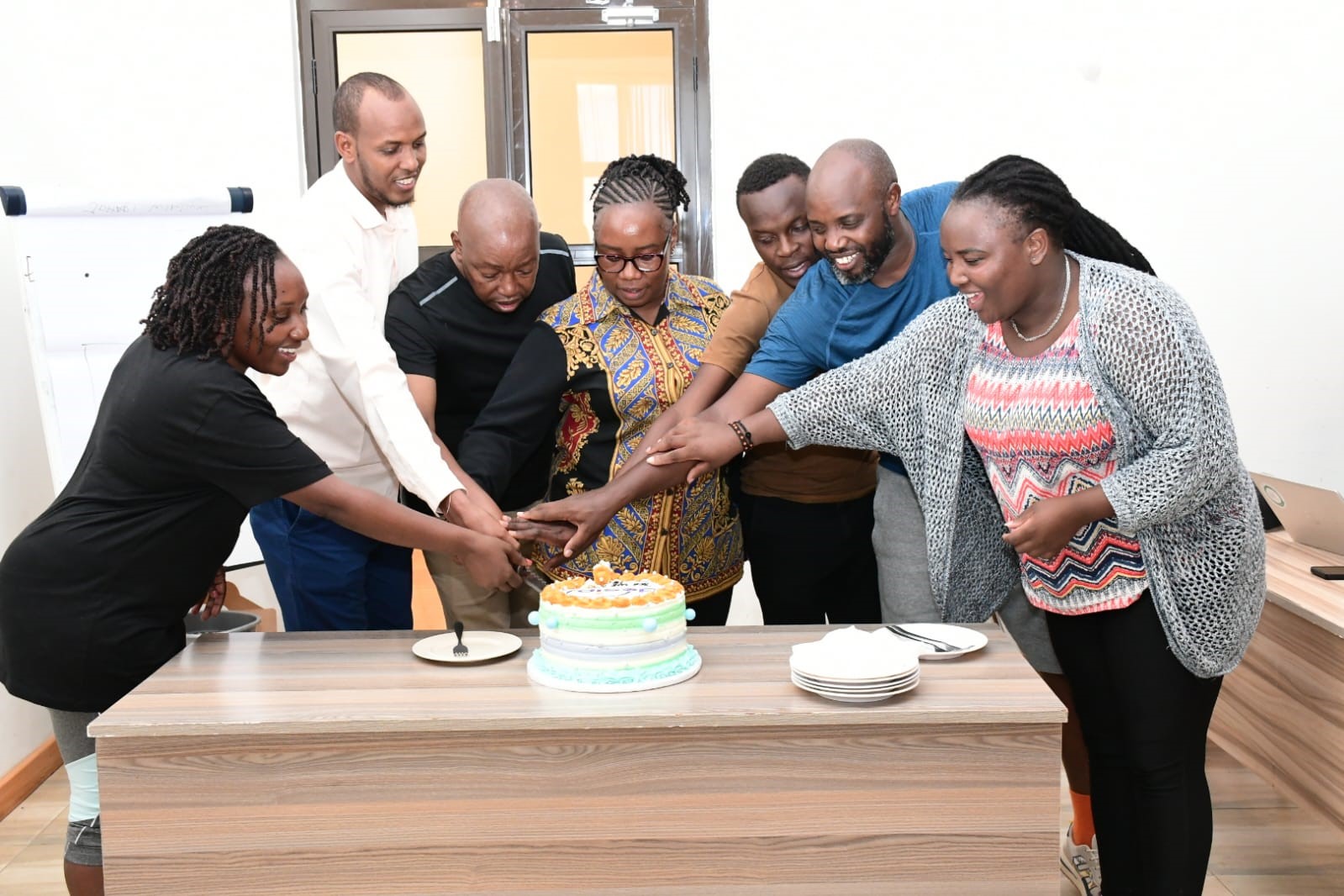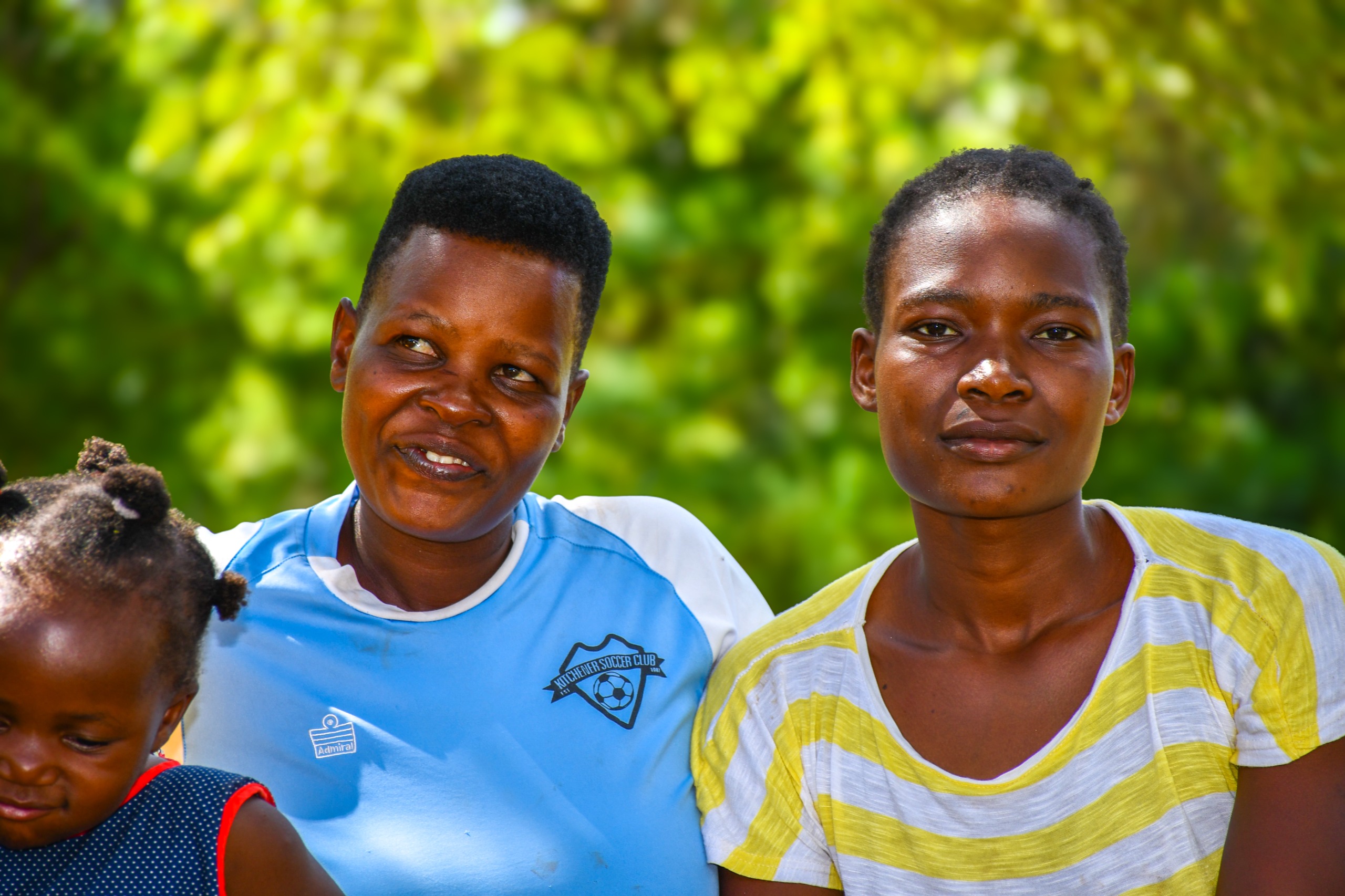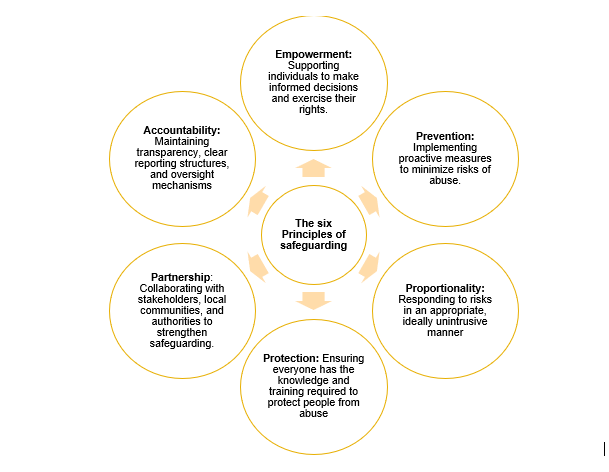The Delivering Sustainable and Equitable Increases in Family Planning (DESIP) programme, funded by the UK’s Foreign, Commonwealth & Development Office (FCDO), has a key objective: to expand access to modern contraception in 19 underserved counties in Kenya. Running from June 2018 to March 2025, DESIP is dedicated to increasing family planning (FP) uptake, particularly among rural women, adolescents, and persons with disabilities, with the goal of reducing maternal and child mortality. Through this mission, DESIP empowers marginalized populations by improving access to contraceptives and enhancing reproductive health outcomes.
In its first year, DESIP achieved significant success, delivering 433,122 Couple Years of Protection (CYP), well beyond its target of 352,159. The programme also reached 59,993 new FP users, with 18% living below the poverty line and 7% adolescents. Furthermore, DESIP successfully secured 46% domestic funding for FP commodities, an impressive increase from the initial 6%, helping to avert 1,174 maternal deaths and 409,325 unintended pregnancies. These remarkable outcomes were made possible through rapid programme inception, effective advocacy for government financing, and close collaboration with DFID’s global family planning initiatives. Despite the challenges posed by COVID-19, which resulted in an expected 20% reduction in service delivery, DESIP mitigated these impacts through innovative strategies. These included third-party monitoring, private-sector engagement, and sustainable efforts at the county level.
The programme continued its strong performance in 2020/2021, delivering 779,381 CYP, far exceeding its target of 503,588. It also reached 132,279 new FP users, including 9% adolescents and 1,131 persons with disabilities. In addition, the programme secured 43% domestic funding for FP commodities, which contributed to the prevention of 350,878 unintended pregnancies and 949 maternal deaths. DESIP adapted effectively to the ongoing pandemic, shifting to mass media outreach, community-based distribution, and virtual policy engagement, successfully reaching 11 million people. Its sustainability efforts were further bolstered by private-sector involvement, with 55.5% of supported facilities achieving NHIF accreditation.
However, DESIP also encountered several challenges, including stockouts of injectable contraceptives in 30% of facilities due to supply chain issues, as well as delays in policy ratification and county budget disbursements for FP services. To overcome these challenges, DESIP put forward key recommendations, such as advocating for increased domestic FP financing, scaling up COVID-19 adaptations, and ensuring that marginalized groups and adolescents continue to receive equitable access to services.
In the following years, DESIP showed resilience in the face of budget cuts and a reduction in scope due to the UK’s Foreign, Commonwealth & Development Office (FCDO). Despite scaling down from 19 to 12 counties, DESIP maintained a high level of output. The programme focused on strengthening advocacy for domestic FP financing, fostering demand creation strategies, and providing technical support to the Ministry of Health and county health teams.
Even with the challenges, DESIP’s commitment to innovation and sustainability has positioned it as a crucial component of Kenya’s family planning efforts. As the programme moves toward its final phase in 2025, it remains integral in ensuring continued access to reproductive health services for Kenya’s underserved populations.



